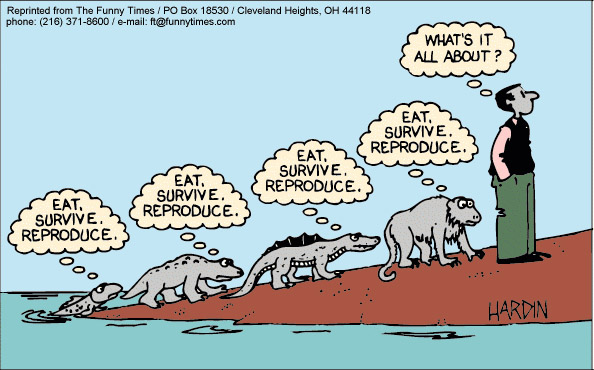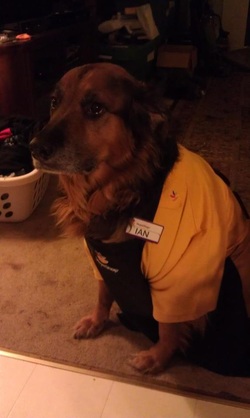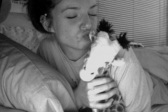When I was taking my Genetics class last year, there was one thing constantly beaten into our heads: our (human) DNA is about 95% 'junk' DNA (meaning, it does not code for anything), while only 5% is expressed and makes up who we are.
Now, that may not be so true.
Researchers now estimate the age of more than one million variants, or changes to our DNA code, found across human populations. The vast majority proved to be quite young and may not be "junk" DNA.
Due to the such explosion of the human population in such a short of period of time (a few million to several billion - a blink of an eye in evolutionary terms), there is such an accumulation of genes that natural selection has not had the time to 'catch up' with our expansion and explosion. The result? There is more variation than we can think of.
'The researchers sequenced in exhaustive detail protein-coding genes from 6,515 people, compiling a list of every DNA variation they found — 1,146,401 in all, of which 73 percent were rare" (Keim). Crazy, right? That means there is a pretty big chance that you could carry protein-coding genes that may make you unique - and a rarity.
So, remember when you were told when you were younger how you were a special little snowflake? And then in college, you were told you were just like everyone else and not unique? Well, start believe in your childhood self once again: the current human population carries the highest variable amount of genes that this planet has seen.
Link to Article: http://www.wired.com/wiredscience/2012/11/recent-human-evolution-2/#more-139047
Now, that may not be so true.
Researchers now estimate the age of more than one million variants, or changes to our DNA code, found across human populations. The vast majority proved to be quite young and may not be "junk" DNA.
Due to the such explosion of the human population in such a short of period of time (a few million to several billion - a blink of an eye in evolutionary terms), there is such an accumulation of genes that natural selection has not had the time to 'catch up' with our expansion and explosion. The result? There is more variation than we can think of.
'The researchers sequenced in exhaustive detail protein-coding genes from 6,515 people, compiling a list of every DNA variation they found — 1,146,401 in all, of which 73 percent were rare" (Keim). Crazy, right? That means there is a pretty big chance that you could carry protein-coding genes that may make you unique - and a rarity.
So, remember when you were told when you were younger how you were a special little snowflake? And then in college, you were told you were just like everyone else and not unique? Well, start believe in your childhood self once again: the current human population carries the highest variable amount of genes that this planet has seen.
Link to Article: http://www.wired.com/wiredscience/2012/11/recent-human-evolution-2/#more-139047



 RSS Feed
RSS Feed